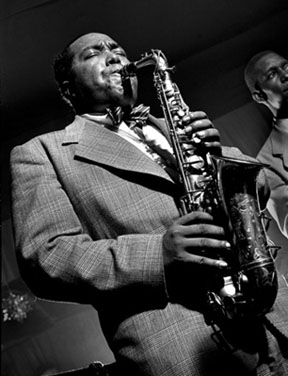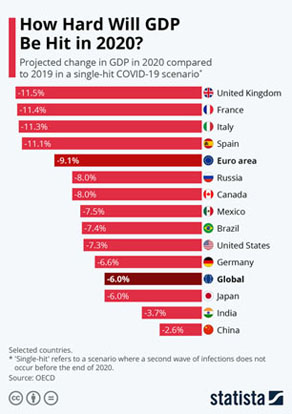Black and red genius Charles Parker Jr may yet redeem USA (and Canada too)!
Jun 16th, 2020 | By Counterweights Editors | Category: EntertainmentCW EDITORS : The summer is in sight. We have just a few quick things to say, before settling down to a more rigorous holiday schedule of (more) regular (more brief) reporting in these fascinating and intermittently near-overwhelming times. (That at least is the plan.)
To start with, while diverse protests for equality and freedom in a multiracial universe bubble so wonderfully more or less throughout the global village, we have been giving our colleagues at birdhop.com what little help we can in their latest struggle to stay alive.
The result, posted at last just a few days ago, is “Early recordings of Charlie Parker’s Cherokee – from the Trail of Tears to Ko Ko in NYC, November 26, 1945.” The argument is that this piece also supports the new temper of the times in late spring 2020 (which will hopefully last for many further steps down the road).
At birth on August 29, 1920, that is to say, the Charles Parker Jr. who would largely invent modern jazz was, in the words of biographer Stanley Crouch, “a brown baby, with a red undertone to his skin.” He was African American, but Native American too – from the Choctaw nation so grievously afflicted by the 1830s Trail of Tears, in the now somewhat problematic Age of Andrew Jackson (along with the Cherokee, Chickasaw, Creek, and Seminole).
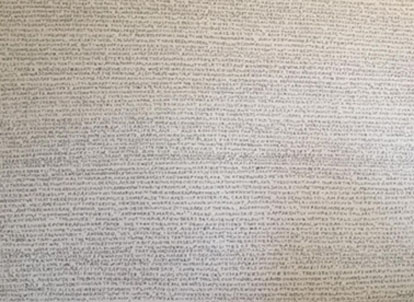
All this must have had something to do with the young Charlie Parker’s obsession over a late 1930s pop tune called “Cherokee,” by the British band leader Ray Noble (as part of a larger work called “Indian Suite”). It reached # 15 on the 1939 USA hit parade (well at least #18 or #20 on some lists), in a version that later morphed into the theme song of the Charlie Barnet Orchestra.
That at any rate is the thought pursued by “Early recordings of Charlie Parker’s Cherokee – from the Trail of Tears to Ko Ko in NYC, November 26, 1945.” Like all other African Americans Charlie Parker had his own never-ending struggles with racism, white supremacy, and/or whatever else you want to call it. But he had some memories of his Indigenous heritage as well. And this was arguably part of one of his greatest musical achievements, in a New York recording studio not long after the end of the Second World War.
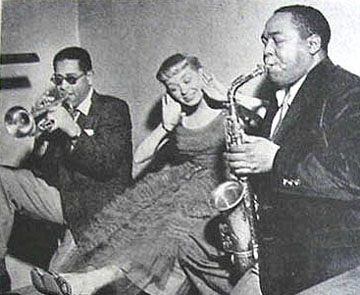
Meanwhile, yesterday Brad Bannon – “a Democratic pollster and CEO of Bannon Communications” – was urging that : “Seismic shifts on race leave Trump in the dust … George Floyd’s murder on May 25 has been the catalyst for profound changes in public opinion.” We are praying every day in our main office boardroom that these shifts carry on into the US presidential election on November 3.
Back in the home and native land, PM Justin Trudeau announced today that “CERB payments to be extended for 2 more months … Emergency aid gives $2,000 a month to people who can’t work due to the pandemic.” But anyone who worries that failure to act in ways that other parties urge could bring the current Trudeau Liberal minority government in Ottawa down might want to look at the latest (June 14) poll projections on Philippe J. Fournier’s 338 Canada website. These suggest that a fresh election held right now would most likely bring the Trudeau Liberals a majority government of 191 seats (where a bare majority is 170).
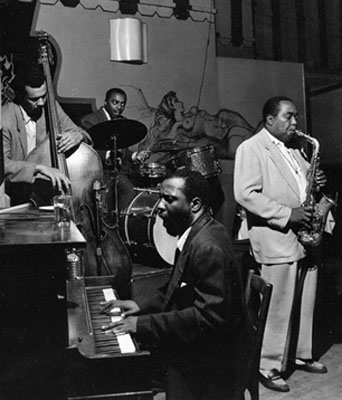
What about the “seismic shifts on race” in US politics just next door, and the parallel recent anti-racism demonstrations in all parts of Canada? As explained by CBC polling guru Éric Grenier (also on June 14) : “According to Abacus Data, the Liberals have the support of 52 per cent of decided voters among racialized Canadians, compared to just 22 per cent for the Conservatives and 20 per cent for the New Democrats. Among white Canadians, the Liberal lead over the Conservatives is just six percentage points.”
So … when “Bloc Québécois leader Yves-François Blanchet accuses the Liberals of acting as if they have a majority government” they may have their reasons. (And back on May 24, 2020 Maclean’s magazine polling guru Philippe J. Fournier himself was pondering “The case for a snap election … Should Canadians have the opportunity to vote on which party will lead them through the fiscal storm ahead?”)
Finally, in yet another guess about just what the fiscal storm ahead might involve , on June 10, 2020 Martin Armstrong at statista.com published a 15-country list of “Projected change in GDP in 2020 compared to 2019 in a single-hit COVID-19 scenario,” based on data from the Organization for Economic Co-operation and Development’s ”latest Economic Outlook.”
On these “How Hard Will GDP Be Hit in 2020?” numbers the United Kingdom would be the hardest hit. China would be least affected (and then India). Canada is not as bad as Europe, but not quite as good as the USA (and both Canada and the USA are below the global average)!
Of course if like us you are getting increasingly weary of endless numbers whose meaning is fundamentally uncertain, we once again advise turning to (we think) the greatest musician America has yet produced on our companion birdhop.com site : “Early recordings of Charlie Parker’s Cherokee – from the Trail of Tears to Ko Ko in NYC, November 26, 1945.”
(And why not? Donald Trump should stop tweeting madly for a while, take a hint from Jack Kerouac and listen himself, several times a day, to the 22-year old Charlie Parker’s early 1940s recording of Ray Noble’s “Cherokee,” direct from the Vic Damon Studios in Kansas City.)
